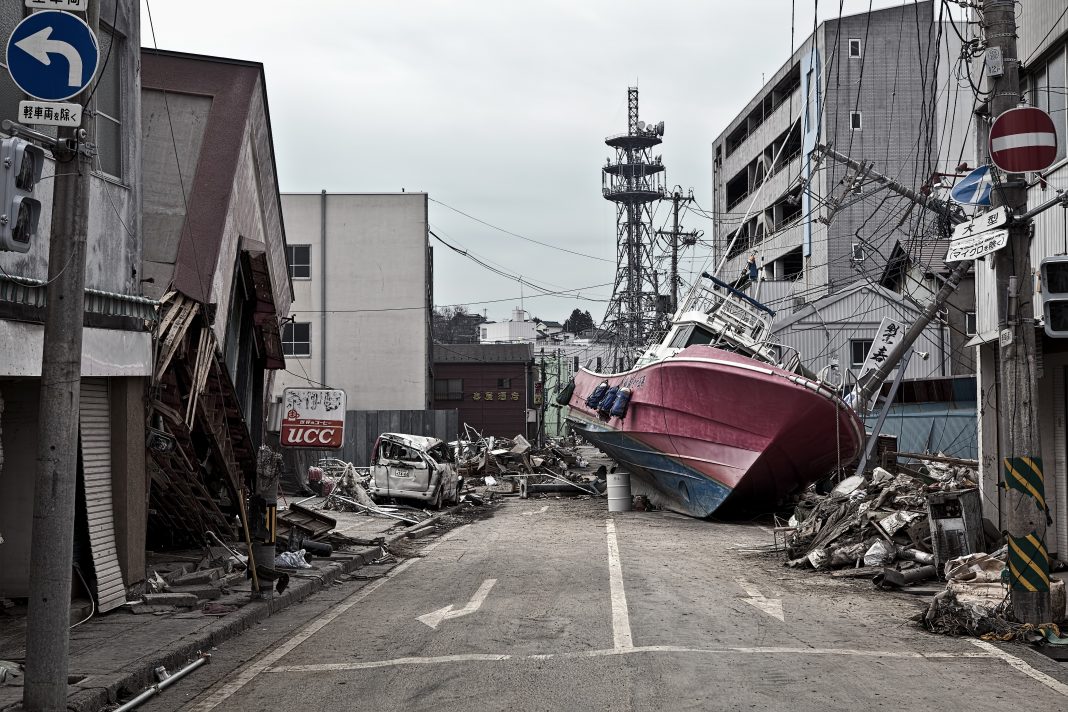Tokyo court hearings are underway for almost $5 million in damages, for six individuals who developed thyroid cancer as a result of the Fukushima disaster
The plaintiffs are claiming that radiation exposure as children caused their illnesses and are therefore suing the nuclear plant operator for the Fukushima disaster.
It was eleven years ago, on 11 March 2011 that the Fukushima disaster occurred.
A magnitude 9.0 earthquake and massive tsunami struck the plant’s cooling systems, causing three reactor cores to melt and release large amounts of radiation. Critics have said that the nuclear plant operator should have known that a large tsunami was possible at the site.
The six claimants were between the ages of six to 16 years old at the time of the nuclear plant disaster. Though they lived in different areas of Fukushima, they were all diagnosed with thyroid cancer between 2012 and 2018, their lawyers said.
The plant operator has denied that this was possible, claiming that the radiation exposure was not great enough and citing tests of over 1,000 children from three cities around the plant that showed about 55% were not exposed and none received more than 50 millisieverts, the annual limit for nuclear workers.
Radiation exposure increases risk of thyroid cancer
It is scientifically proven that radiation exposure increases the risk of late-onset thyroid cancer, which is mainly due to the release of radioiodine in fallout. Infants and adolescents are particularly high risk.
Following the 1986 Chernobyl nuclear disaster in Ukraine, there were increased levels of thyroid cancer amongst children.
‘Because of the treatments, I could not attend university, or continue my studies for my future job, or go to a concert. I had to give up everything’
A female plaintiff in her 20s has testified that the treatment needed for her thyroid cancer has had a major impact on her life so far.
“Because of the treatments, I could not attend university, or continue my studies for my future job, or go to a concert. I had to give up everything,” she said, from behind a partition screen. “I want to regain my healthy body, but that’s impossible no matter how hard I wish.”
Three other claimants were also behind a partition to protect their privacy. Lawyers explained that this is due to the backlash they are facing on social media, with people claiming that they are lying and ruining Fukushima’s reputation.
Kenichi Ido, one of the lawyers, has said that many people are too scared to speak out about their health problems that are linked to the nuclear plant disaster. He hopes that the lawsuit will encourage others to talk freely about their health issues.











